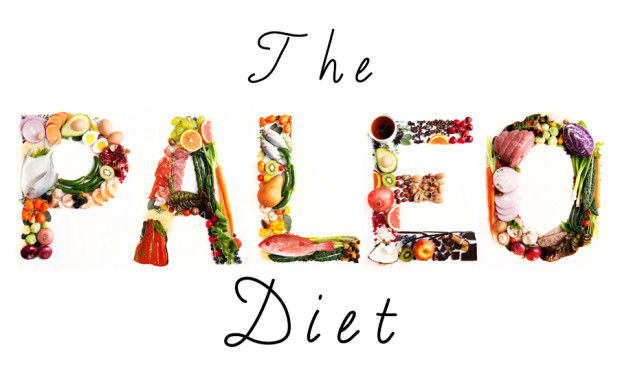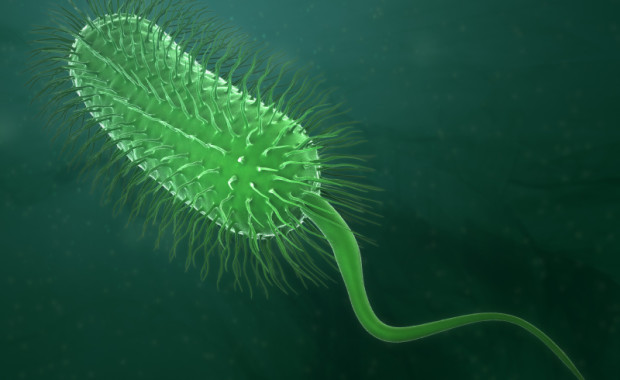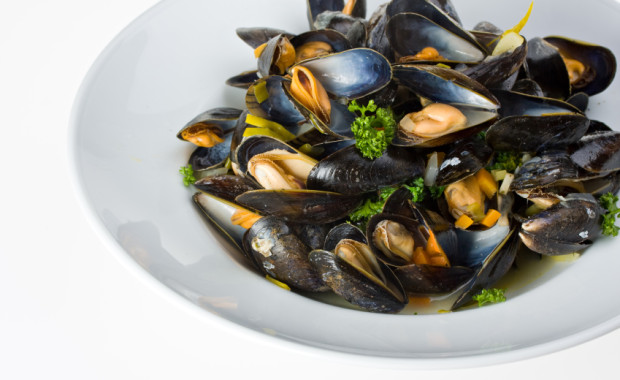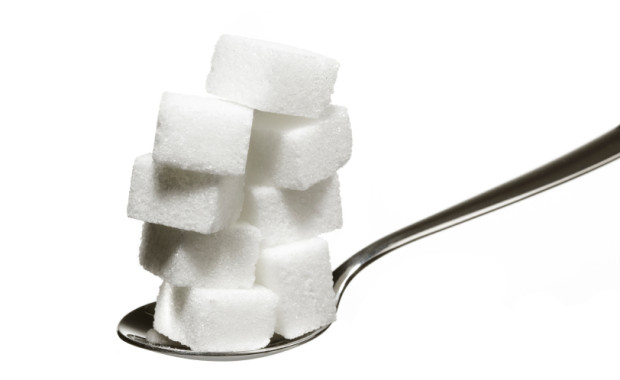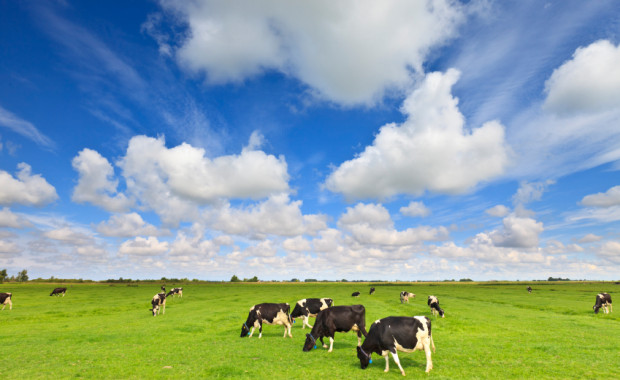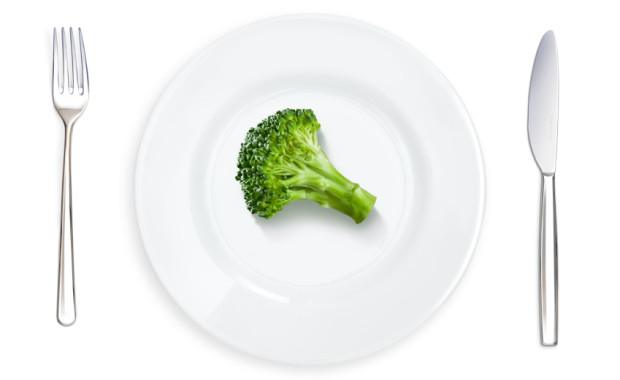“Nothing in biology makes sense except in the light of evolution” Theodosius Dobzhansky
Category Archives: Home Page
Obesity and Gut Bacteria: The Missing Link?
Hippocrates (400BC) “Death sits in the bowels”
15 Gut Bacteria Facts
- Humans have roughly 10 trillion cells.
- Humans have roughly 100 trillion microbes within their bodies.
- Of all the microbes within us, the gut bacteria are the most important.
- Gut bacteria differ between obese and lean people.
- It is possible to change the composition of one’s gut bacteria through one’s diet.
- Transferring the gut bacteria from obese mice to lean mice causes fat gain in lean mice.
- Artificial sweeteners might cause weight gain via their effects on gut bacteria.
- Humans are born with no microbes (or very, very few).
- “Ecobiotics” (Faecal pills) might replace antibiotics one day.
- Faecal transplants have been used successfully to treat c. difficile bowel infections in the last 30 years.
- Diabetes often gets cured within 48 hours of stomach bypass operations; a change in the gut bacteria is one of the mechanisms effecting this cure.
- People who eat grains have higher levels of a particular gut bacteria which is linked with arthritis and autoimmune diseases.
- Maternal separation in baby rhesus monkeys alters the gut bacteria in the same way as stress does.
- Use of antibiotics in infancy is associated with an increased risk of asthma and being overweight in childhood. (Antibiotics have been used to fatten animals for the last 60 years).
- The gut bacteria that one eventually obtains are derived from one’s mother and from exposure to the environment.
Is your mother always right?
The Omega Balance
What exactly are the omegas?
- They are types of fat.
What’s the big deal with the omegas?
- They affect levels of inflammation, and inflammation is at the root of most Western diseases (heart attacks, obesity, diabetes, breast cancer, dementia etc…).
When do the omega fats cause problems?
- When we consume too much omega-6 and not enough omega-3.
What is the perfect omega balance?
- Equal amounts of omega-6 and omega-3
What is the current ratio of omega-6:omega-3 in the Western world?
- Approximately 20:1
How can we correct this?
- Eat fewer omega-6 containing foods and eat more omega-3 containing foods.
What’s the best way of doing this?
- Cut out vegetable oils and grains, and eat more fish.
And finally, don’t fall into the ‘supplement trap’.
- Eat proper food instead.
Fructose: A Bittersweet Sugar
The Bottom Line:
- Don’t get deceived by the fact that just because fructose is natural it is ok to have as much as you want.
- Most of us consume far too much fructose (in the form of refined sugar).
- Fructose consumed as part of a whole fruit is not bad for you.
Key Points:
- Fructose in excess is worse than excess glucose.
- Eating fructose doesn’t make you feel full and might even make you feel hungrier.
- Excessive consumption of fructose is associated with diabetes and obesity.
- Eating fructose increases the triglycerides in your blood – (a type of fat which is more closely correlated with having a heart attack than cholesterol is).
Does calorie restriction increase life span in humans?
“Let food be your medicine and let medicine be your food.” Hippocrates
The Bottom Line
What is calorie restriction?
- It is a dietary regime that involves restricting calories whilst still getting adequate nutrients (in the hope that it increases lifespan).
Where are we at with calorie restriction studies?
- Studies on other species (flies, worms, fish and rodents) have shown that calorie restriction extends lifespan and slows down ageing, although studies on humans and nonhuman primates have produced mixed results.
- There is currently no straightforward answer to the question of whether calorie restriction in humans extends lifespan because there haven’t been any formal studies on humans.
- The effects of ‘Calorie Restriction’ in primates are complex and seem to depend on environmental, nutritional, and genetic factors.
- There is a group of people who belong to the Caloric Restriction Society and who restrict their food intake in the belief that it will protect them against some of the disease processes which are responsible for ageing.
Fasting and the 5:2 diet
The 5:2 Diet
The 5:2 diet is all the rage in the UK, but is it any good?
An unqualified yes on my part.
How do I know?
I’ve read hundreds of studies on fasting; I personally have been doing the so-called 5:2 diet for the last 40 years, and fasting has been practised by many cultures for millennia.
But just because I have been fasting and it is an ancient religious tradition doesn’t necessarily mean it is a good thing.
What is important is that research into fasting in recent years backs up the age-old idea that fasting is beneficial on many different levels.
Carbohydrates and cholesterol – is bread worse for you than butter is?
The Bottom Line
- Bread might be worse for your heart than butter is.
- Carbohydrate consumption increases the proportion of small, dense LDL cholesterol (sdLDL).
My advice
- Cut down your consumption of sugar, bread, rice and pasta.

